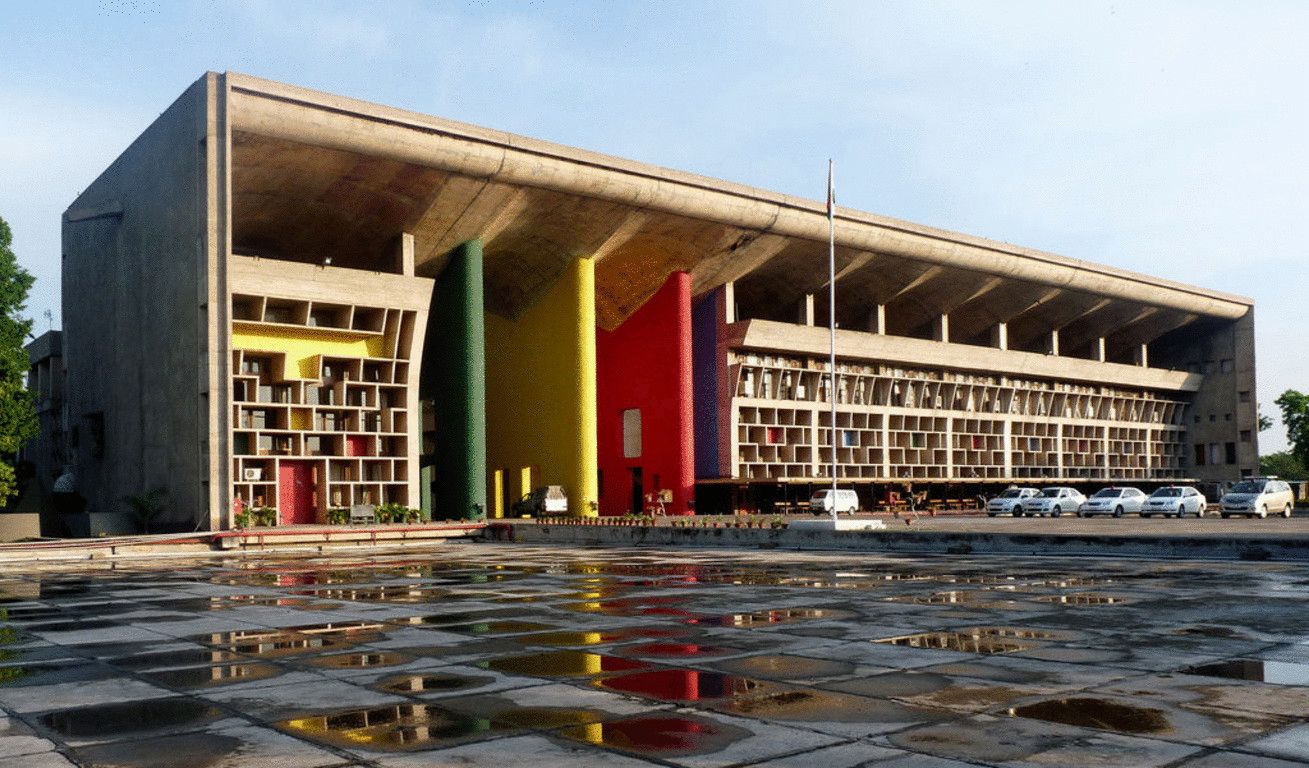Punjab & Haryana High Court Directs Police to Protect Live-In Couple’s Life and Liberty, Reaffirms Right to Choose Partner Under Article 21

Case Name: Divya and Another v. State of Haryana and Others
Date of Judgment: October 14, 2025
Citation: CRWP-11046-2025
Bench: Hon’ble Ms. Justice Rupinderjit Chahal
Held: The Punjab & Haryana High Court directed the police to ensure protection of life and liberty to a live-in couple, reiterating that the right to life and personal liberty under Article 21 of the Constitution includes the freedom to choose one’s partner. Justice Rupinderjit Chahal held that even if one of the partners is married, it does not disentitle them from seeking protection if there is a genuine threat to their safety. The Court clarified that moral or social disapproval cannot override constitutional safeguards, and protection must be granted irrespective of the nature of the relationship.
Summary: The petitioners, Divya (aged 22) and Karan Kumar (aged 24), filed a writ petition under Article 226 of the Constitution seeking protection of their life and liberty, alleging threats from private respondents—family members opposing their relationship. The petitioners were in a live-in relationship, though Karan Kumar was still legally married and childless, while Divya was unmarried. Their representation dated October 9, 2025, requesting police protection, had not been acted upon.
Justice Chahal referred to earlier decisions of coordinate Benches, including Pardeep Singh v. State of Haryana (CRWP-4521-2021), Paramjit Kaur v. State of Punjab (CRWP-7874-2021), and Amandeep Kaur v. State of Punjab (CRWP-10411-2021), which recognized the legitimacy of granting police protection to couples in live-in relationships. The Court also relied on the Division Bench judgment in Ishrat Bano v. State of Punjab (LPA-769-2021), holding that even when one partner’s previous marriage subsists, protection of life and liberty cannot be denied, though legality of the relationship remains subject to separate proceedings.
The Court emphasized that social morality cannot override constitutional morality and that every adult has the right to live with a person of their choice. It further observed that courts are duty-bound to intervene when there exists a real threat to an individual’s life due to personal relationship choices, regardless of societal disapproval.
Decision: The High Court disposed of the petition with directions to the Superintendent of Police, Ambala, to consider the petitioners’ representation dated October 9, 2025, assess their threat perception, and take appropriate protective measures in accordance with law. It clarified that the order would not prevent the State or any aggrieved person from initiating lawful proceedings, if warranted, against the petitioners for any act arising from their relationship.